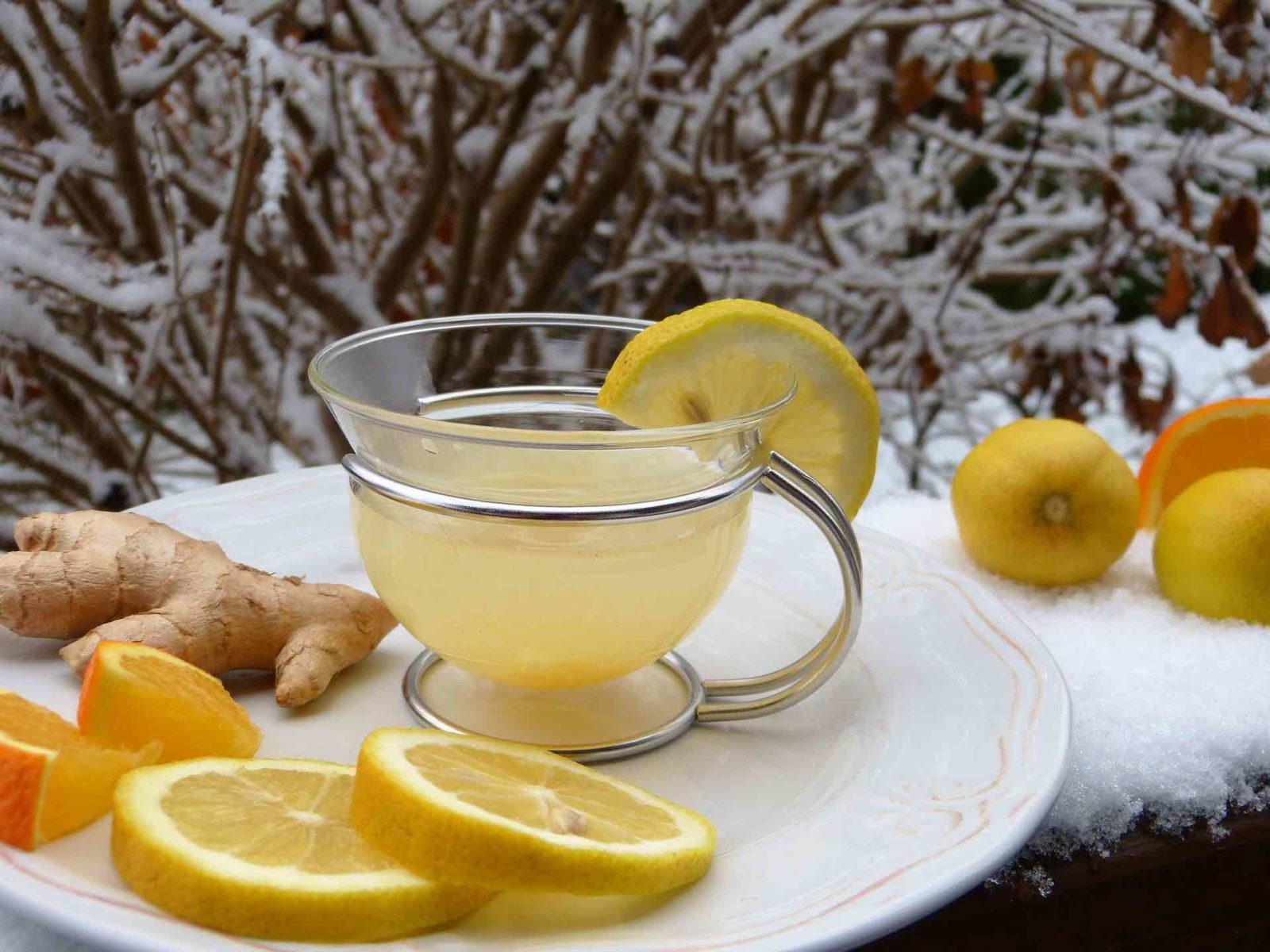It’s Important To Prepare Early
In the not too distant future, colds and the flu will start affecting people across the country. You will start to notice more people coughing and sniffling in your home and workplace as we come into the winter months, so we thought it was time to start talking about the different things that you can do to prepare for the winter months. Getting ready for the winter months is the best way to avoid a cold and flu, or at least reduce how badly they affect you to avoid trips to the nearest walk in clinic. No one wants to get sick over the festive period, so it’s important to ensure that your immune system is as strong and healthy as possible.
How To Prepare
Alter Your Diet
When the harsher weather arrives, it can be very easy to turn to comforting foods instead of fruit, vegetables and other healthy food that you have hopefully been eating over the summer. However, now is the time that you should be focusing on eating well, and there is a few basic things that you can do:
- Protein – Extra protein during winter can really help to keep your immune system strong and healthy. You should also try to incorporate lots of plant proteins like seeds, nuts and beans as they are full of the necessary vitamins and minerals.
- Carbohydrates – Eating a lot of complex carbohydrates like brown rice, brown bread, oats, ‘starchy’ vegetables and whole-wheat pasta is a brilliant way to keep you fuller for longer and give you the energy to get you through the long day. They also help to support a healthy digestive system, which will look at your immune system.
- Fruit and Vegetables – It’s recommended that you still aim to eat at least 5 portions of fruit and vegetables a day and that they are varied (e.g. not just eating 5 apples or pears). Bright fruit and veg are ideally the ones to focus on during winter, as they usually contain high levels of Vitamin C. You should also eat a lot of kale, broccoli and spinach, if possible. A winter soup is a brilliant way to get extra veg in your diet without compromising on ‘tasty’ food.
Sleep Properly
Sleep is very important for mood, energy levels and the immune system itself, which you will know are all incredibly important during the harsh winter months. Try to create a habit of going to bed a little earlier to make sure that you get all of your 8 hours’ worth of sleep a night… you will almost certainly feel the benefit when the cold weather arrives. If the colder weather hinders your sleeping pattern, be sure to invest in a thicker duvet and make sure that your windows are free from draughts.
Take Supplements, Vitamins, and Herbal Remedies
During the winter months, it can often be difficult to decide the right supplements, vitamins and herbal remedies for you. There are, however, a few things that you can look out for when shopping around for the best vitamins, supplements and remedies on the market, such as:
- Vitamin D – Most famous for its role in supporting the health of your bones, vitamin D is also important to the immune system. During winter, you are more likely to become vitamin D deficient, as you will lack sunlight. However, don’t be drawn into the really high doses of vitamin D; the fat-soluble will be stored within your body, meaning that high doses can be quite problematic in the long run.
- Vitamin C – As you will probably know, vitamin C is vital to your immune system, especially for the respiratory tract where most colds and flu attack. Vitamin C from a natural source is a lot easier for the body to absorb and use and avoid large doses just like we’ve mentioned in the vitamin D section. Vitamin C is water-soluble, meaning that the body can only absorb so much at once. This is why we recommend opting for smaller doses.
- Zinc – Zinc is also one of the most important things for your immune system functioning properly. If you have a varied diet with plenty of nuts and seeds (pumpkin seeds especially), you will be getting enough Zinc. If this is not the case for you, a supplement might be a good idea.
Wrap Up!
Ensuring that you stay warm in winter is vital when trying to reduce your chances of falling victim to colds or the flu. You can invest in a warm jacket, make sure that your home is properly insulated and look out for some thick blankets to keep warm in the evening.
